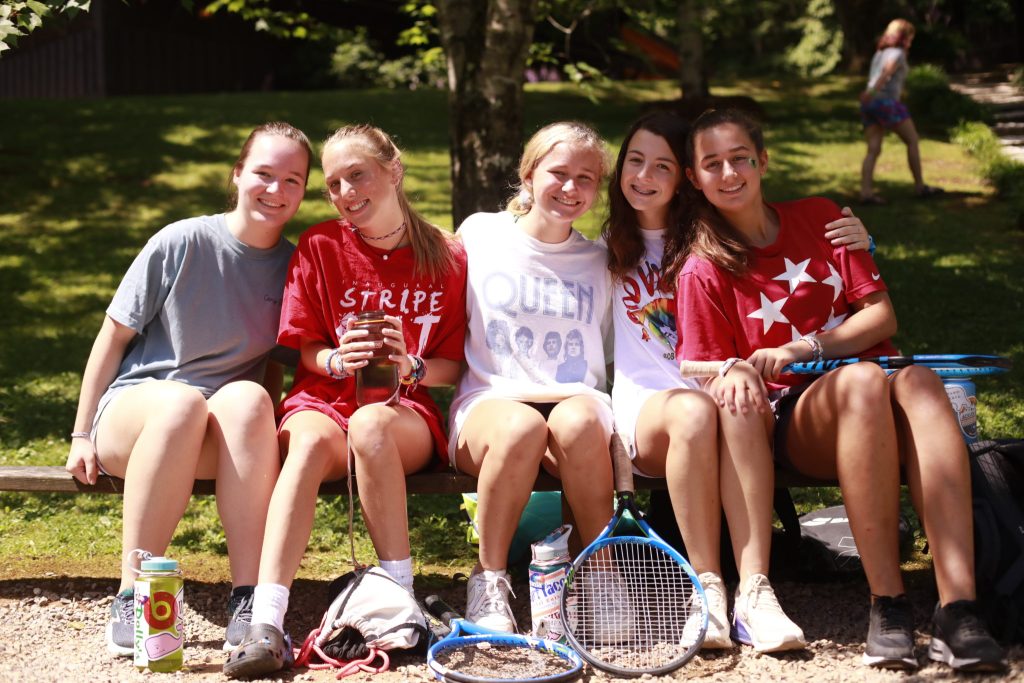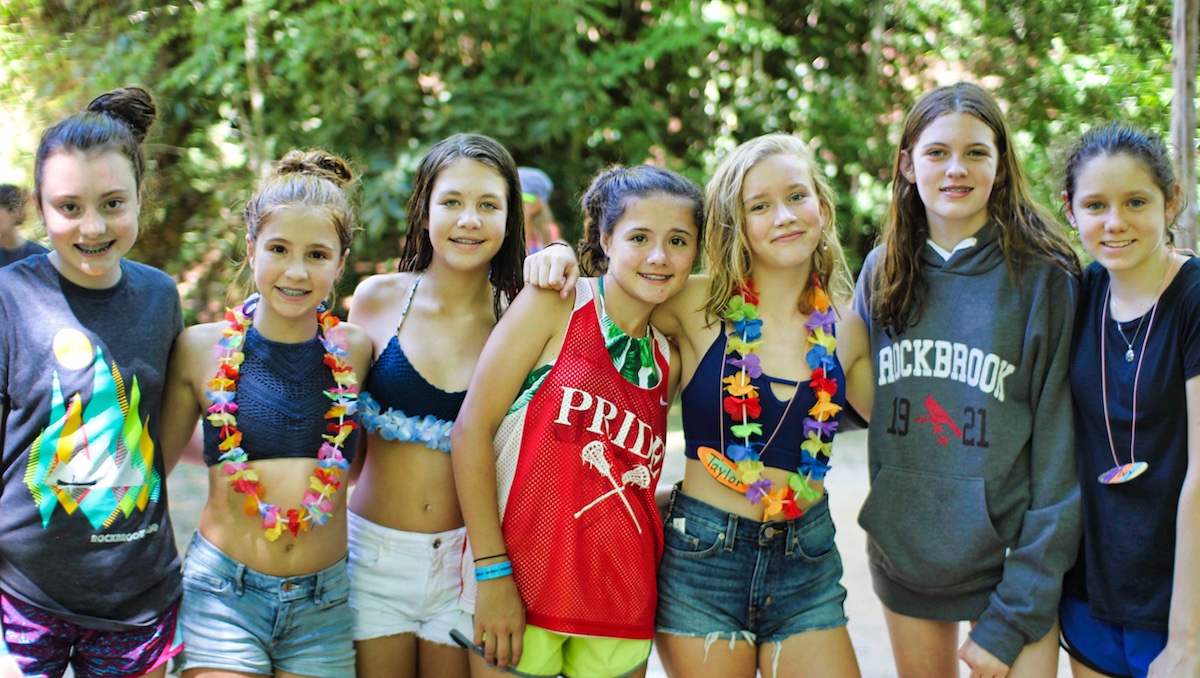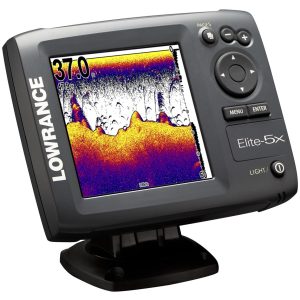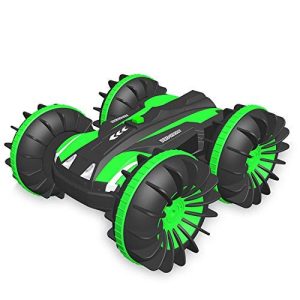Personal Growth and Development

A. Skill Building Workshops
-
Offering workshops in various areas such as leadership, communication, and outdoor survival skills
Camp can provide valuable skill-building workshops in areas such as leadership, communication, and outdoor survival skills. These workshops offer campers the opportunity to develop new skills and acquire knowledge in different areas. Whether it’s learning effective communication techniques, honing leadership abilities, or acquiring essential survival skills, these workshops provide practical and transferable skills that can benefit campers beyond their camping experience.
-
Providing opportunities for campers to develop new skills and discover their passions
Skill-building workshops at camp provide opportunities for campers to develop new skills and discover their passions. Campers can try out various activities and workshops to explore their interests and talents. By engaging in different activities, they have the chance to uncover hidden talents, develop new hobbies, and ignite a passion for lifelong learning and personal growth.
B. Personal Reflection and Goal Setting
-
Encouraging campers to reflect on their experiences and set personal goals
Camp provides a supportive environment for campers to engage in personal reflection and goal setting. Through reflection, campers can evaluate their experiences, identify their strengths and areas for improvement, and gain self-awareness. Setting personal goals helps campers to focus their energy and efforts on specific areas of growth and development, fostering a sense of purpose and achievement.
-
Promoting self-awareness, resilience, and personal growth
Engaging in personal reflection and goal setting promotes self-awareness, resilience, and personal growth. Campers learn to reflect on their actions, emotions, and experiences, gaining a deeper understanding of themselves. This self-awareness helps them navigate challenges, build resilience, and develop strategies to overcome obstacles. By setting and working towards personal goals, campers develop a growth mindset and cultivate a sense of accomplishment and personal fulfillment.
Building Connections and Relationships
A. Team Building Activities
-
Engaging in activities that foster trust, collaboration, and cooperation among campers
Team building activities play a crucial role in building connections and relationships among campers. These activities are designed to promote trust, collaboration, and cooperation, as participants work together towards a common goal. Through challenges, problem-solving tasks, and communication exercises, campers learn to rely on and support one another, strengthening their interpersonal connections.
-
Strengthening interpersonal skills and forming lasting bonds with peers
Engaging in team building activities at camp helps campers develop and strengthen their interpersonal skills. Activities that require effective communication, active listening, and empathy allow campers to better understand and connect with their peers. By working together and overcoming challenges, campers form lasting bonds and create meaningful relationships that extend beyond the camp experience.

B. Cultural Exchange and Diversity Appreciation
-
Creating an inclusive and diverse environment that promotes understanding and respect for different cultures and backgrounds
Camp provides a unique opportunity for cultural exchange and diversity appreciation. Creating an inclusive and diverse environment allows campers to interact and learn from individuals with different cultural backgrounds and perspectives. Camp programs and activities can be designed to celebrate and embrace diversity, fostering understanding, respect, and acceptance among campers.
-
Encouraging campers to learn from one another and celebrate diversity
Campers can be encouraged to learn from one another by sharing their cultural traditions, stories, and experiences. Through discussions, workshops, or cultural showcases, campers gain a broader perspective and appreciation for different cultures. By celebrating diversity, campers develop empathy, cultural competence, and a sense of global citizenship.
Promoting Physical and Mental Wellness
A. Outdoor Recreation and Adventure
-
Engaging in physical activities like hiking, swimming, and sports
Outdoor recreation and adventure activities are integral to promoting physical wellness at camp. By engaging in activities such as hiking, swimming, and various sports, campers stay active and improve their physical fitness. These activities not only provide a fun and enjoyable experience but also promote a healthy and active lifestyle.
-
Promoting an active lifestyle and appreciation for the natural environment
Participating in outdoor recreation and adventure activities at camp promotes an active lifestyle and fosters an appreciation for the natural environment. Through hiking, camping, and exploring the outdoors, campers develop a connection with nature and discover the physical and mental benefits of spending time in natural surroundings. This appreciation for the environment encourages campers to be mindful of the importance of preserving and caring for nature.
B. Mindfulness and Mental Wellness Practices
-
Incorporating mindfulness exercises, meditation, and relaxation techniques into the camp schedule
To promote mental wellness at camp, incorporating mindfulness exercises, meditation, and relaxation techniques into the camp schedule is essential. Campers can engage in mindfulness activities such as guided meditations, deep breathing exercises, and yoga sessions. These practices help campers develop self-awareness, reduce stress, and improve their overall mental well-being.
-
Supporting campers’ mental well-being and teaching them coping strategies
By integrating mindfulness and mental wellness practices, camp staff can support campers’ mental well-being and teach them valuable coping strategies. Encouraging open communication, providing a supportive environment, and offering resources for campers to express their emotions and seek guidance contribute to their positive mental health. Teaching campers coping strategies equips them with tools to manage stress and build resilience, enhancing their overall well-being.
Fun and Enjoyment
A. Recreational Activities and Games
-
Organizing fun games, talent shows, and campfire activities
One of the main goals of camp is to provide an enjoyable and fun experience for campers. This can be achieved through organizing a variety of recreational activities and games. From traditional games like capture the flag and scavenger hunts to talent shows and campfire activities, campers have the opportunity to unwind, have fun, and create lasting memories.
-
Providing opportunities for campers to unwind, have fun, and create lasting memories
Recreational activities and games at camp provide campers with opportunities to unwind, have fun, and create lasting memories. These activities allow campers to let loose, laugh, and enjoy their time in a supportive and inclusive environment. From friendly competitions to group bonding activities, the focus is on creating a joyful and memorable experience for campers.
B. Creative Arts and Expression
-
Offering opportunities for campers to engage in creative arts such as music, dance, and visual arts
Creative arts play a significant role in bringing fun and enjoyment to camp. Offering opportunities for campers to engage in activities such as music, dance, and visual arts allows them to explore their creativity. Whether it’s joining a camp band, participating in a dance workshop, or creating artwork, campers can express themselves and find joy in their artistic endeavors.
-
Nurturing campers’ creativity and providing an outlet for self-expression
Engaging in creative arts at camp nurtures campers’ creativity and provides them with an outlet for self-expression. These activities allow campers to explore their talents, try new things, and gain confidence in their abilities. Being able to express themselves creatively brings a sense of joy and fulfillment, adding to the overall fun and enjoyment of the camping experience.




